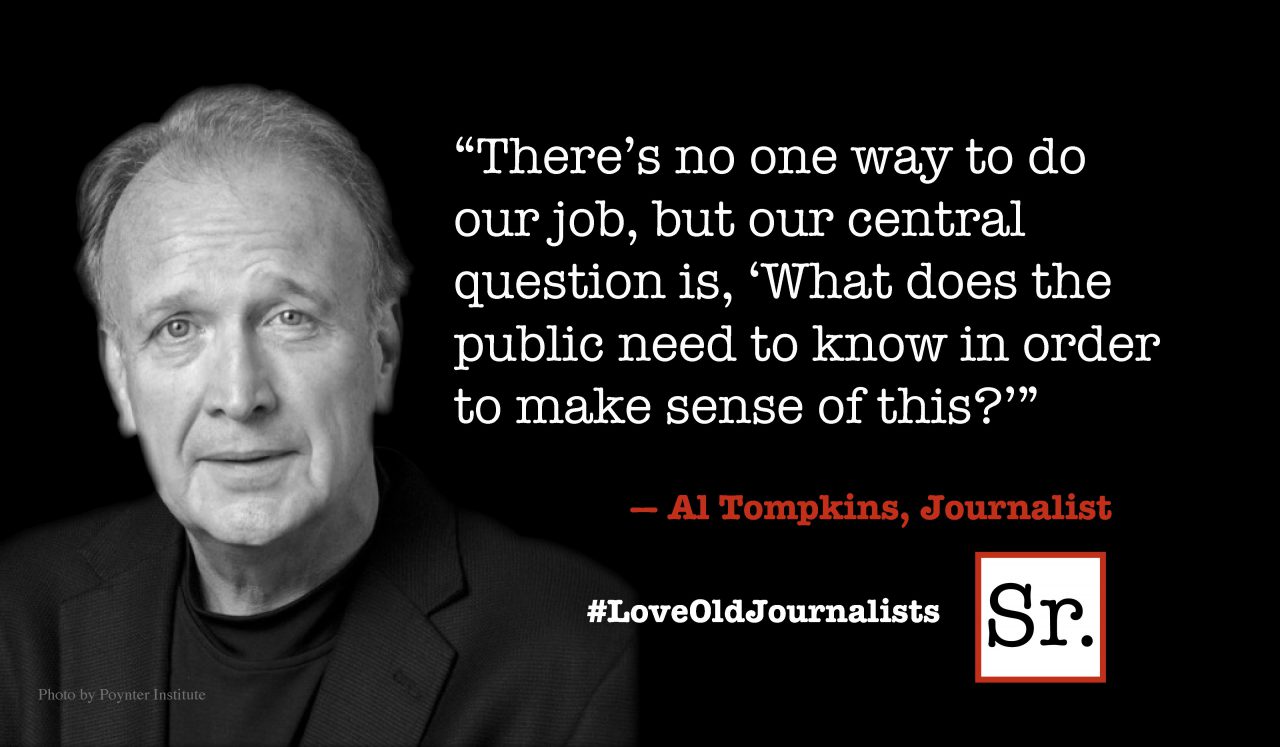Are you thinking of making a transition such as finding a new career direction, moving into a leadership or management role, or planning for the next chapter of your life? If you answered yes, you might benefit from hiring a career coach. Instead of “flying solo," a qualified coach can help you reach your goals faster and help you land more successfully.
Coaching, as defined by the International Coach Federation (ICF), is a collaborative partnership designed to help clients, through a thought-provoking and creative process, maximize their potential and achieve fulfilling results in their personal and professional lives. Coaches are trained to listen, observe, and customize their approach to individual client needs. They seek to elicit solutions and strategies from the client. The coach’s job is to provide support to enhance the skills, resources and creativity that the client already has.
“You can ask your friends, family and colleagues past and present for advice, but often I find it helps to get unbiased guidance from an outsider who is trained to observe, inspire and lead you to find your next act” states Kerry Hannon in an article in Forbes. “If you know you need a change but are unsure of what to do, a career coach can help you set goals, clearly outline the steps to take you there, and motivate you to make it happen.”
Career coaching is typically conducted one-on-one although some coaches offer small group sessions. The coach will help the client explore career goals and options and design a strategy or course of action along with a plan to build accountability, measure progress, and insure commitment. This may include advice on how to write a resume, conduct job interviews, and network. A recent “success” I had with one of my clients was helping negotiate a starting salary which was over $10,000 higher than the initial offer.
Here are 3 things to consider when selecting a coach:
- What are the coach’s credentials?
One of the first areas to consider when hiring a coach is credentials and experience. (Unfortunately, the coaching industry is not highly regulated so anyone can call him/herself a coach.) Look for credentials from the International Coaching Federation or the Center for Credentialing and Education. The ICF recommends asking the following questions: “What is your coach specific training? “What is your coaching experience (number of individuals coached, years of experience, types of coaching situations, etc.)?,“What is your coaching specialty?,” and, if you are interested “What type of assessments are you certified to deliver?”.
- Are your basic philosophies the same?
Beyond the credentials, skills and track record, it's important to have a connection, Richard Metheny, VP of Human Resources, says. So, consider your reaction to the coach during the initial interview process. “You don't have to be best friends, but there should be a decent amount of chemistry between the two of you. If you don't feel good about speaking with your coach or if there's a lack of trust, the relationship won’t be as effective as it could be.”
- Is the coach able to provide references?
Although the coaching relationship is confidential, a coach can provide (without giving a name or other identifying information) some success stories. Nowadays, satisfied clients will often post a review on LinkedIn or Facebook attesting to their positive experience with the coach. Also, most coaches provide a free consultation either in person or by phone where you can ask additional questions.
If you decide to hire a coach, understand that while your coach is a key partner in this process, you are the one responsible for your own success. A coach can ask thought provoking questions, offer guidance, help you set and achieve goals, and hold you accountable but if you really want to make a significant change, you are the one who needs to come prepared for the sessions, complete the assignments, navigate through any bumpy terrain, and focus on the future.









